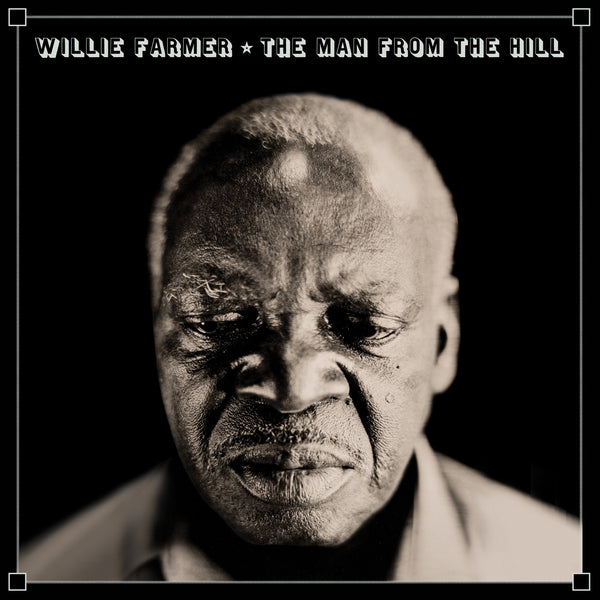Willie Farmer

Little Willie Farmer is living proof that Mississippi continues
to produce deep blues. The 62-year-old guitarist is neither a
soul modernist nor revivalist, but simply a small town auto
mechanic who’s never shaken his love for old school legends
like Muddy, Wolf and Lightnin’.
soul modernist nor revivalist, but simply a small town auto
mechanic who’s never shaken his love for old school legends
like Muddy, Wolf and Lightnin’.
A lifelong resident of tiny Duck Hill, located in the hills east
of the Delta, Farmer grew up on the family farm. He first took
up the acoustic guitar in his early teens, and through picking
cotton soon saved up enough money to buy an electric
instrument.
He played for audiences at home and at school events, and
learned about blues and R&B mostly through listening to a
powerful station out of Nashville.
“John R of WLAC, that’s how I listened to Lightnin’ Hopkins,
Howlin’ Wolf. That’s how I got my first album by Lightnin’ [The
Fire Records LP Mojo Hand]. I got the address off the radio and
they sent it.”
“I learned Lightin’ pretty good, and then I went to B.B. I can
play all the up-to-date stuff now—B.B., Little Milton—but I like
the old stuff, that’s the real blues. The blues they’re singing
today, that ain’t blues to me, it just doesn’t have the feel.”
Although Farmer is from a musical family, he didn’t learn
much directly from his elders. His maternal grandfather had
played the fiddle as a young man, but he rebuffed Willie’s offer
to buy him a new instrument when he discovered the high cost.
Willie’s father Alex, a harmonica player who helped young
Willie tune his guitar, had played as a young man with his
brothers including Walter, who was recognized as one of the
best guitarists to come out of the area.
In the early ‘50s Walter played together with Leo “Bud”
Welch, who grew up in the region. Sadly, Walter was killed in
Chicago in 1964—“a woman liked Walter, and a man got
jealous and killed him”—and Willie never heard him play.
In his early ‘20s Farmer joined a loose knit band that played
at juke joints across the area—in Duck Hill, Grenada,
Kilmichael, and down in the Delta in Greenwood and
Charleston. He eventually tired, though, of the rough-and-
tumble clubs where “people liked to fight like crazy.
For about fifteen years Farmer worked regularly with local
semi-professional gospel groups, including the Rising Sun
Singers, who appeared on TV and over the radio in Greenwood,
the Angelettes, and, for nine years, the Grenada-based
Silvertone Gospel Singers.
Farmer eventually decided he wanted to get back into blues
actively. He initially didn’t want to deal with the trouble of
keeping together a band, and began playing solo gigs.
In 2003 he helped found the annual Grassroots Blues
Festival, staged in a meadow outside Duck Hill. Through the
event and he befriended down-home blues players from across
the state including Willie King and Leo Welch.
“The Man From the Hill” marks the first time that he’s spent
serious time in the studio. Recorded over multiple sessions at
Producer Bruce Watson’s Memphis based Delta-Sonic Sound
Studio. Farmer enjoyed working in a North Mississippi Hill
Country vein with Jimbo Mathus and session drummer George
Sluppick. He even dipped back into gospel, singing harmony
together with Memphis’ Barnes Brothers on [the Sensational
Nightingales’] At the Meeting.
For the past thirty years Farmer has run his own auto repair
shop, and hopes that the release of this record and associated
touring will allow him to retire.
“I’m trying to get out of that shop, I’m tried of messing with
those cars. It’s been a long time.”

